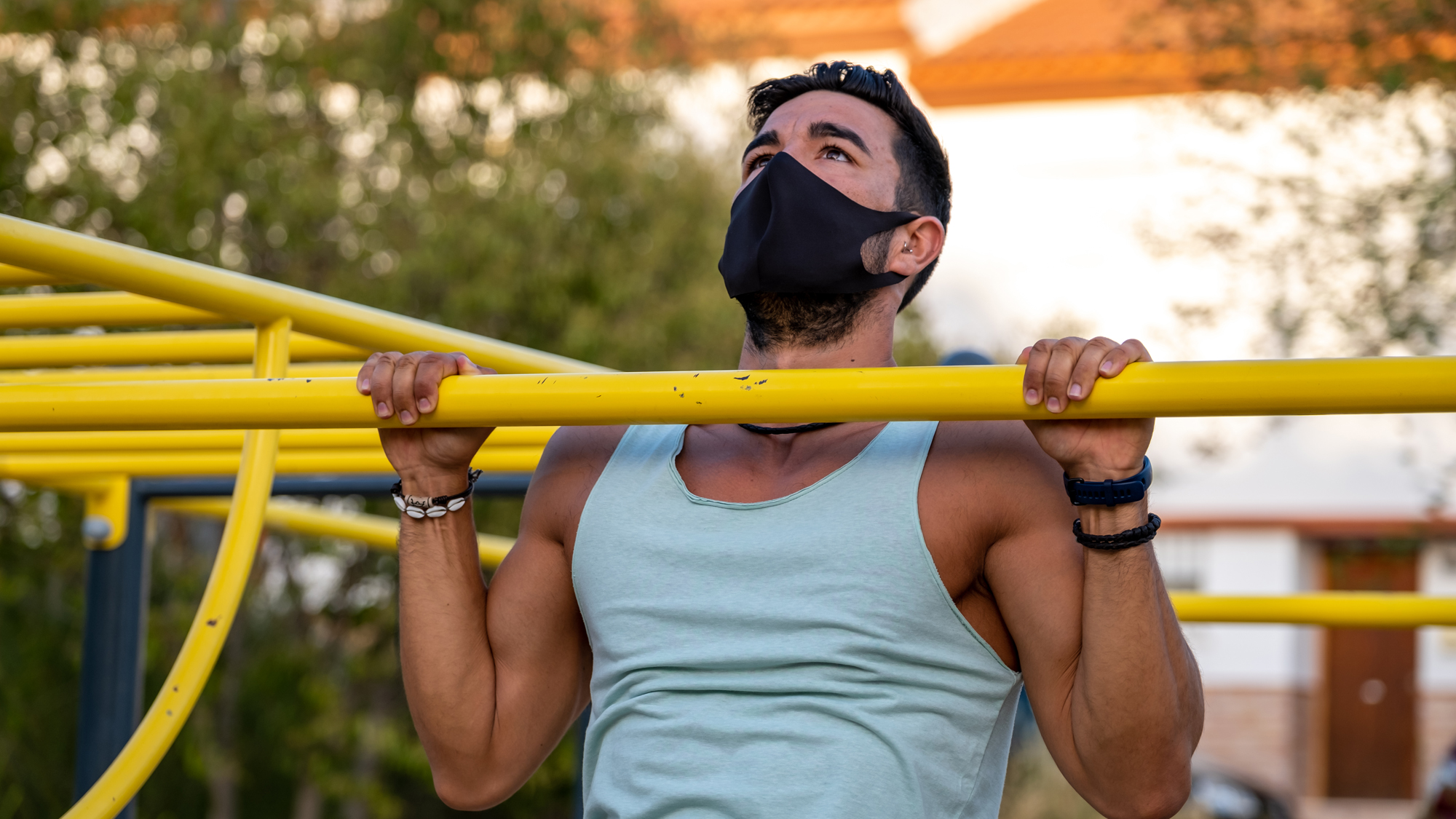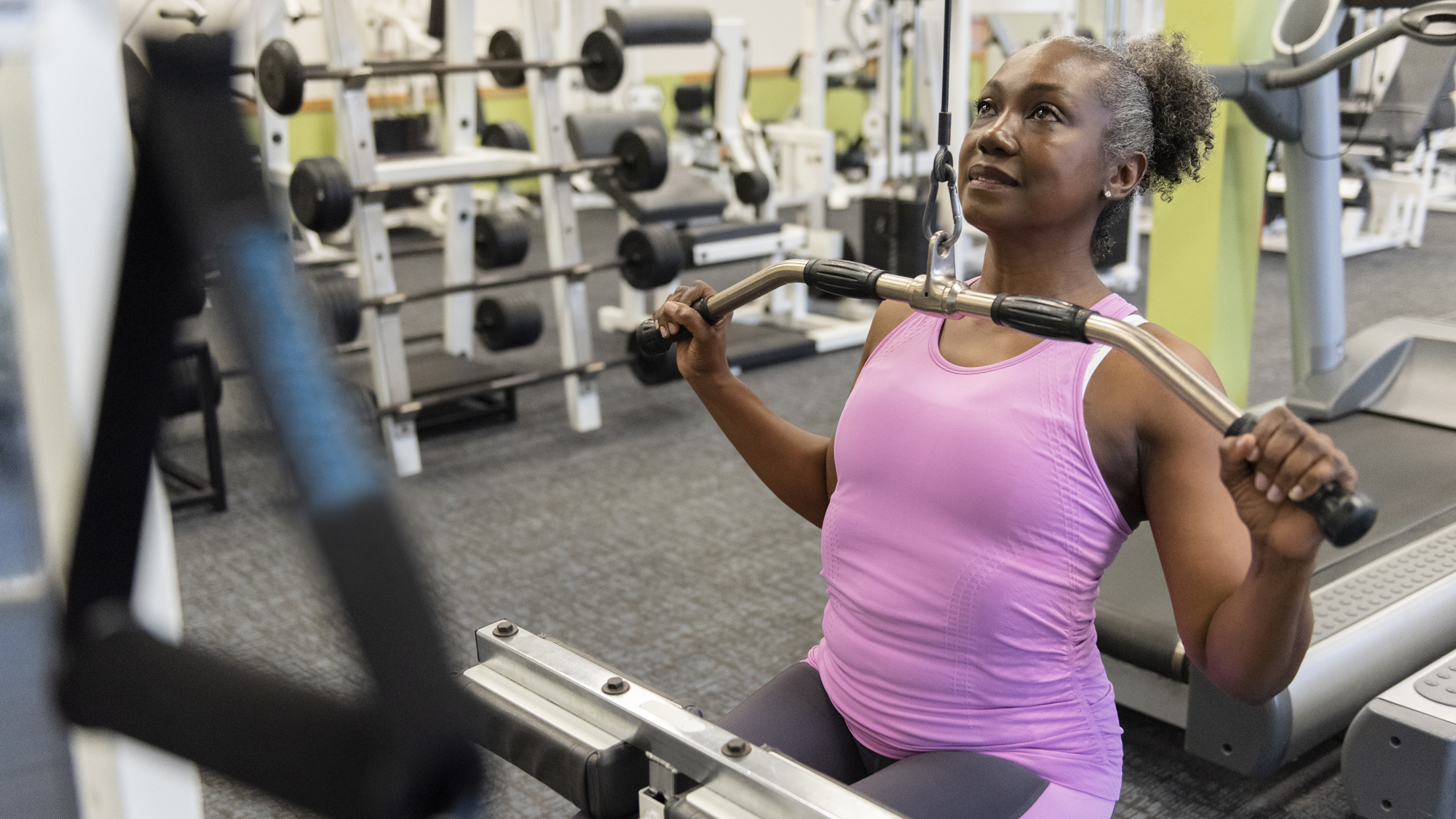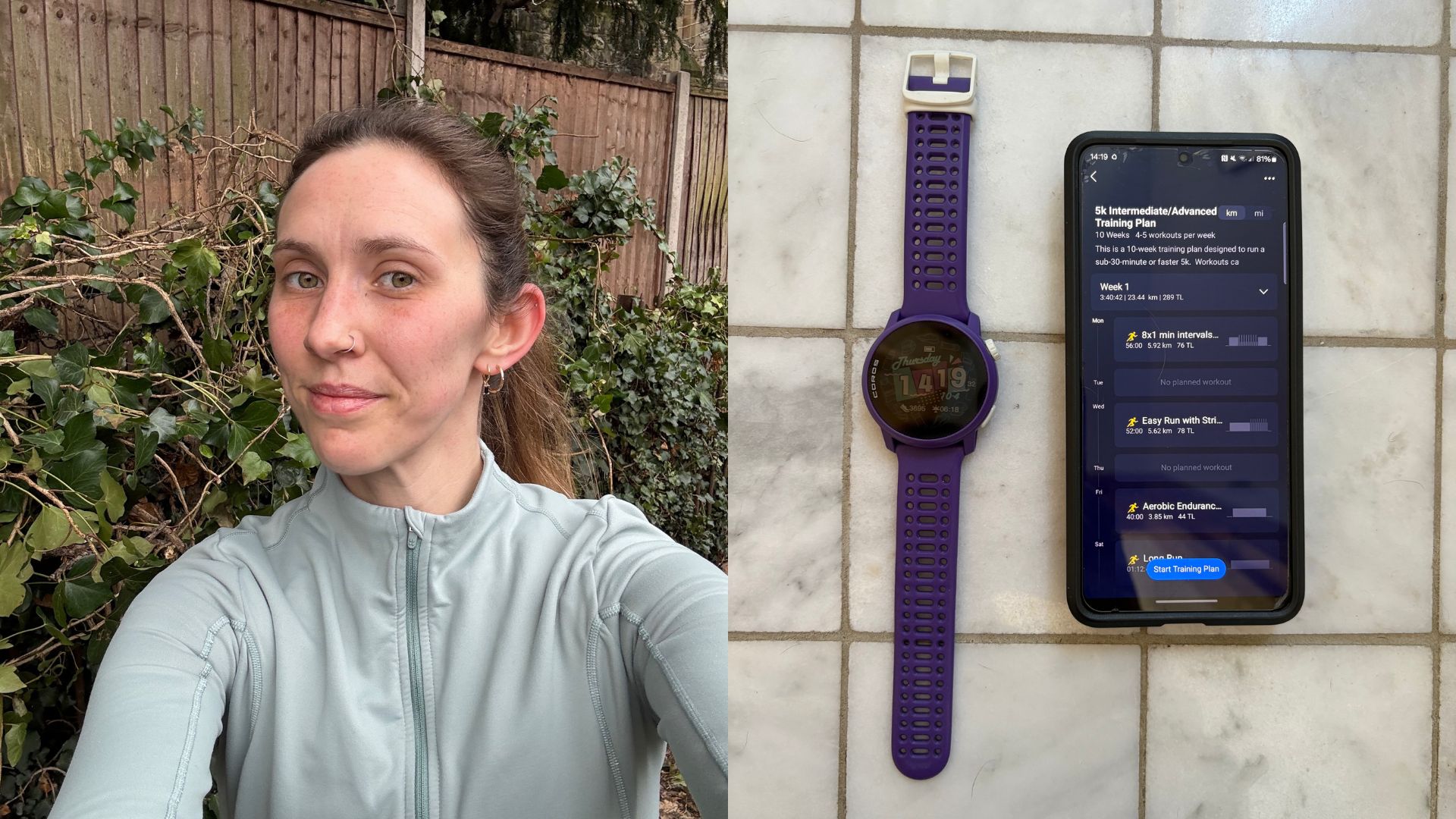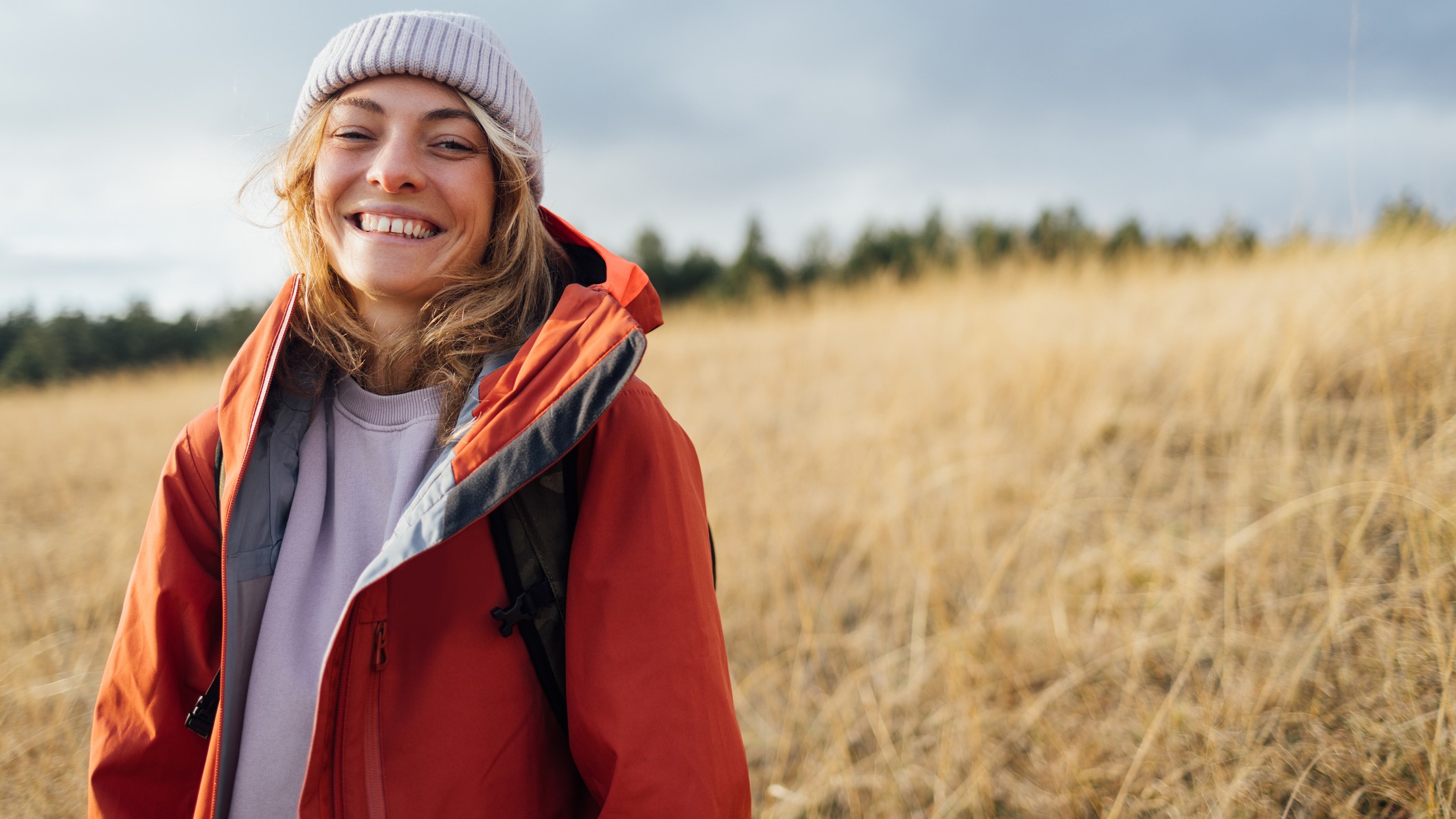Stronger muscles may help you recover from COVID-19 infection
Building stronger, bigger muscles helps us stay fit and active, but research shows it could also improve virus recovery speed


It feels like we've lived with COVID-19, the virus which sparked a global pandemic, for much longer than 20 months. The impacts of the following health crisis have dominated headlines worldwide, making it difficult to avoid and even harder to forget.
Thanks to lockdowns and business closures, many of us invested in the best workout equipment for home so that we could stay active without going out. According to a new study, this might have been a good decision, as there's evidence that stronger muscles may aid recovery if you do catch the virus.
Researchers at the University of São Paulo in Brazil explored whether muscle strength and mass could lead to better health outcomes after infection. The study looked at the data of 186 hospitalized patients who tested positive for the disease.
The research found that the overall length of stay in hospital was shorter in those with the greatest handgrip strength, a proxy for overall muscle strength. Similarly, the team used the size of the thigh muscle as an alternative measurement for muscle mass and found similar results.
What's important to note is that the research did not show that strength training develops any form of immunity to COVID-19. The study only included people that had already contracted the virus and were sick enough to warrant hospitalization.

When discussing the results, the authors noted that they chose to look at these two measures because muscle mass and muscle strength have previously been linked to better health outcomes more generally.
When you're severely ill, your body breaks down some muscle to generate amino acids for the immune system. So it figures that those with lower muscle mass will be more vulnerable to the effects of the virus.
Get the Fit&Well Newsletter
Start your week with achievable workout ideas, health tips and wellbeing advice in your inbox.
Similarly, the discussion around muscle strength notes that this is critical to post-disease recovery. When combined, the immune support offered by higher muscle mass and improved recovery thanks to stronger muscles helps reduce the length of time the participants spent in the hospital.
As SARS-CoV-2, the virus that causes COVID-19 symptoms, is relatively new, there haven't been many opportunities to connect symptoms and lifestyles. However, one late-2020 study established a link between the severity of the disease and Vitamin D levels.
We get most of our daily allowance of the vitamin after exposure to sunlight, but as the seasons are shifting into fall and winter, it's worth including some of the Vitamin D foods in your diet to stay topped up.
Of course, there are plenty of great reasons to pick up a set of the best adjustable dumbbells and start building muscle. Alongside possible improvements in recovery from disease, stronger muscles help improve energy levels, support our posture, and reduce the risk of injury, especially in later life.

James is a London-based journalist and Fitness Editor at Fit&Well. He has over five years experience in fitness tech, including time spent as the Buyer’s Guide Editor and Staff Writer at technology publication MakeUseOf. In 2014 he was diagnosed with a chronic health condition, which spurred his interest in health, fitness, and lifestyle management.
In the years since, he has become a devoted meditator, experimented with workout styles and exercises, and used various gadgets to monitor his health. In recent times, James has been absorbed by the intersection between mental health, fitness, sustainability, and environmentalism. When not concerning himself with health and technology, James can be found excitedly checking out each week’s New Music Friday releases.
-
 This is the exact running plan I followed for two months to finally get my 5K run time under 30 minutes
This is the exact running plan I followed for two months to finally get my 5K run time under 30 minutesAnd it helped me fall in love with running again
By Ruth Gaukrodger Published
-
 I increased my step count back to 10,000 a day after time off—here’s how I did it sustainably
I increased my step count back to 10,000 a day after time off—here’s how I did it sustainablyIt took me five weeks to get back to the ideal range
By Lou Mudge Published